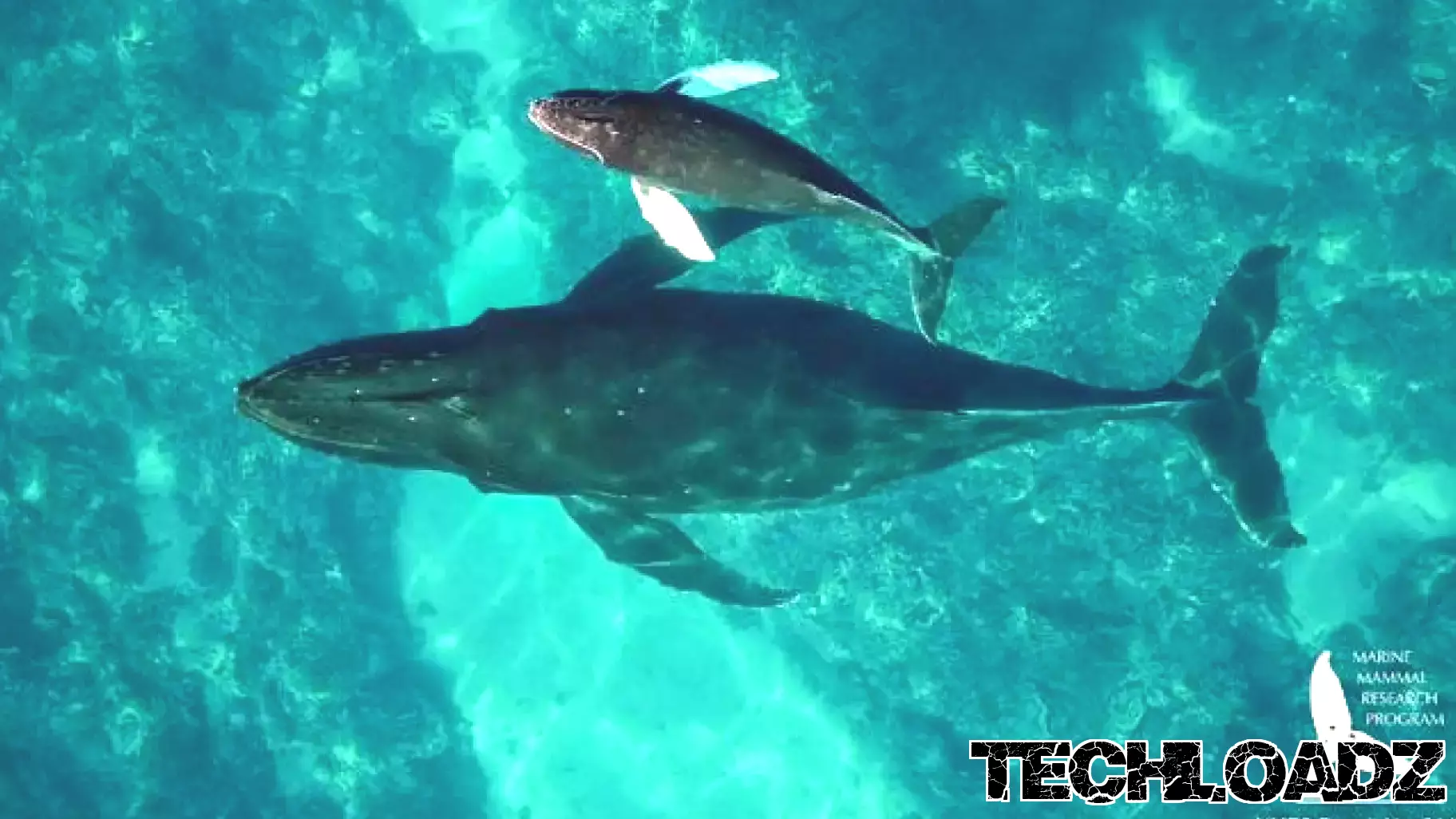December 22, 2024 - 11:38

If you've spotted a drone surveilling the Pacific Ocean, it might be a drone monitoring nursing humpback whale mothers and their calves. Recent advancements in drone technology have opened new avenues for marine biologists to study these majestic creatures in their natural habitat. Drones equipped with high-resolution cameras provide an unobtrusive method to observe the behaviors and interactions of humpback whales without disturbing them.
Researchers are particularly interested in tracking mother-calf pairs, as the early stages of a calf's life are crucial for its survival. By using drones, scientists can collect valuable data on the health and well-being of these pairs, including their feeding habits and social interactions. This non-invasive approach allows for a comprehensive understanding of the whales' environment and potential threats they face, such as climate change and human activity.
The use of drones not only enhances research capabilities but also raises public awareness about the importance of protecting these incredible marine mammals. As technology continues to evolve, the potential for further insights into humpback whale behavior and conservation efforts remains promising.



